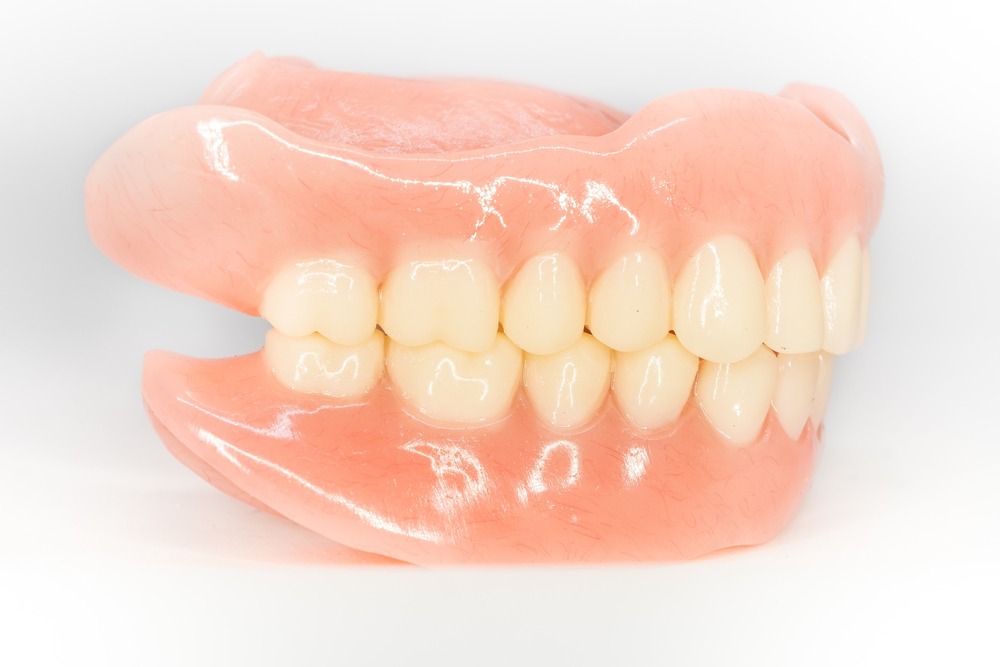Introduction
Losing a tooth—or several—can feel like a big deal. But what if there was a simple, quick solution while you wait for your permanent dental work? Temporary dentures are designed to fill this gap, quite literally. They offer comfort, restore your smile, and help you carry on with life as usual. Whether you’re waiting on dental implants or healing from extractions, temporary dentures can be a game-changer. In this blog, we’ll break down what they are, how they work, and whether they’re right for you.
What Are Temporary Dentures?
Temporary dentures, also known as immediate dentures, are removable dental appliances made to replace missing teeth on a short-term basis. They’re typically used after teeth have been extracted and before the mouth is ready for permanent dentures or implants.
Key Features of Temporary Dentures
- Custom-made to fit your mouth
- Typically made from acrylic resin
- Meant for short-term use (a few weeks to months)
- Help with aesthetics and functionality during the healing period
Why Would You Need Temporary Dentures?
There are several scenarios where temporary dentures come in handy. These include:
- Post-extraction healing: After tooth removal, your gums and bone need time to heal. Temporary dentures allow you to maintain your smile during this phase.
- Waiting for permanent solutions: Permanent dentures, bridges, or implants can take time. Temporary dentures act as a bridge (no pun intended) during this waiting period.
- Protecting oral tissues: They shield sensitive gum areas after surgery and support the overall healing process.
Additional Benefits
- Allow you to eat soft foods more comfortably
- Help you speak more clearly
- Prevent facial sagging caused by missing teeth
The Process of Getting Temporary Dentures
Wondering what’s involved in getting temporary dentures? Here’s a step-by-step look:
- Initial Consultation
Your dentist will examine your mouth, take impressions, and discuss your options. - Tooth Extraction and Denture Fitting
The dentures are usually made before the extractions and inserted immediately after the procedure. - Adjustments
As your gums heal, the shape of your mouth changes. You may need several adjustments to ensure a proper fit. - Follow-up Visits
Routine check-ins with your dentist help ensure comfort and function until permanent dentures are ready.
Temporary Dentures vs. Permanent Dentures
It’s easy to confuse the two, but they serve different purposes.
| Feature | Temporary Dentures | Permanent Dentures |
|---|---|---|
| Purpose | Short-term use | Long-term solution |
| Material | Lightweight acrylic | More durable materials |
| Fit | May need frequent adjustments | Designed for a precise fit |
| Cost | Generally less expensive | Higher upfront investment |
Temporary dentures are not meant to last forever, but they provide critical support when you need it most.
How to Care for Temporary Dentures
Keeping your temporary dentures in top shape ensures comfort and hygiene.
Daily Care Tips
- Remove and rinse after eating to remove food debris
- Brush gently with a soft toothbrush to clean
- Soak overnight in a denture-cleaning solution
- Avoid hot water which can warp the material
Watch for These Signs
- Soreness or irritation
- Difficulty chewing
- Loosening or shifting
If you experience any of these, visit your dentist for an adjustment.
Are Temporary Dentures Right for You?
Not everyone will need temporary dentures, but they are highly recommended in many cases. You’re a good candidate if:
- You’re having multiple teeth extracted
- You want to maintain appearance and function during healing
- You plan on getting implants or permanent dentures later
Talk to your dentist to discuss whether temporary dentures are a good fit for your dental treatment plan.
Frequently Asked Questions About Temporary Dentures
How long do temporary dentures last?
Typically, temporary dentures are worn for 2 to 6 months, depending on how quickly your mouth heals and when your permanent solution is ready.
Can I eat normally with temporary dentures?
You may need to start with soft foods and gradually transition to harder textures as you adjust. Always follow your dentist’s recommendations.
Do temporary dentures hurt?
Some initial discomfort or soreness is normal, especially right after extractions. However, this should improve with time and adjustments.
Conclusion: A Smart Step Toward a Full Smile
Temporary dentures are an excellent interim solution that allows you to speak, eat, and smile with confidence while your mouth heals. They help bridge the gap—both literally and emotionally—between extractions and permanent dental work.
If you’re considering dentures or have upcoming dental extractions, talk to your dentist about temporary dentures. They could be the perfect option to keep you comfortable and confident during your dental journey.
